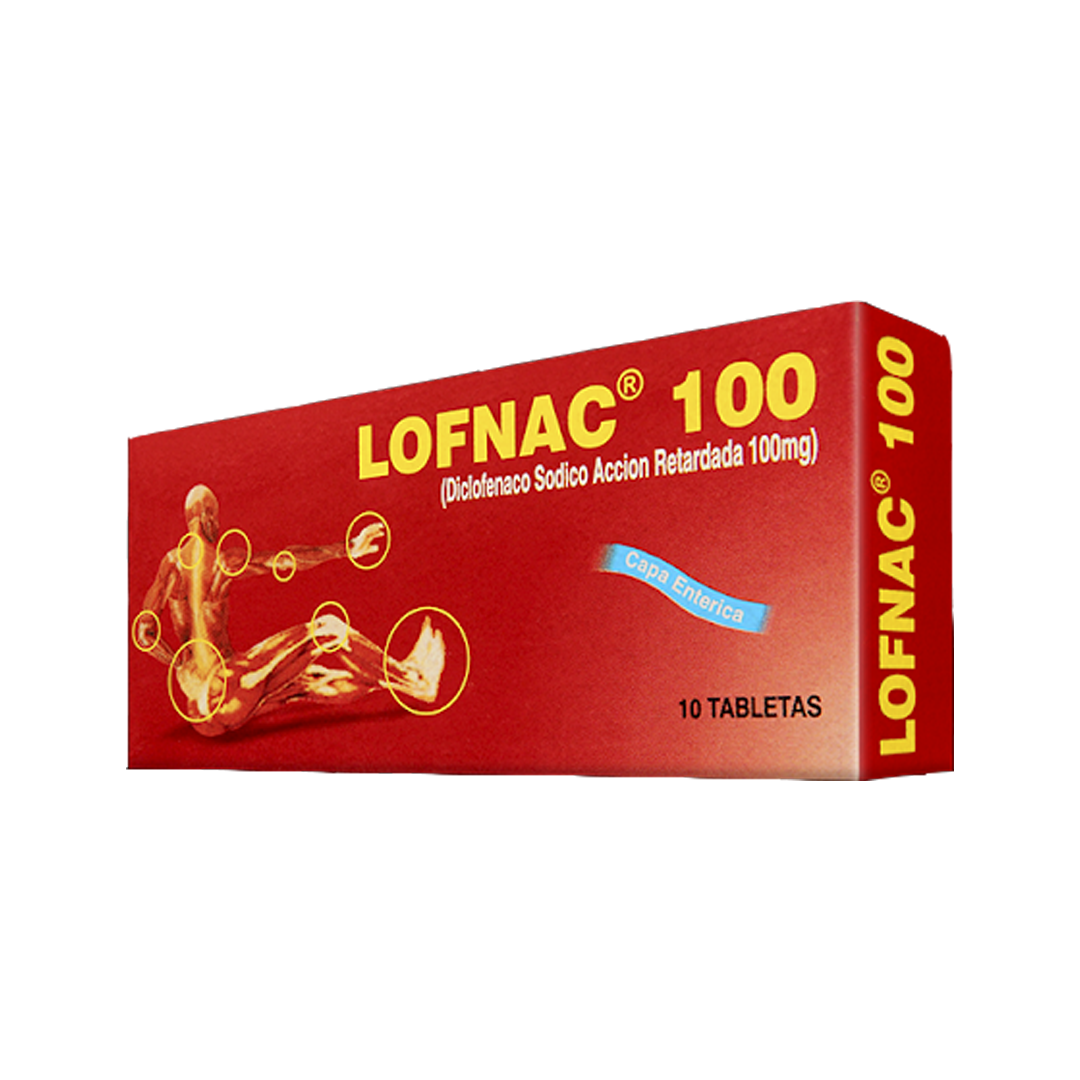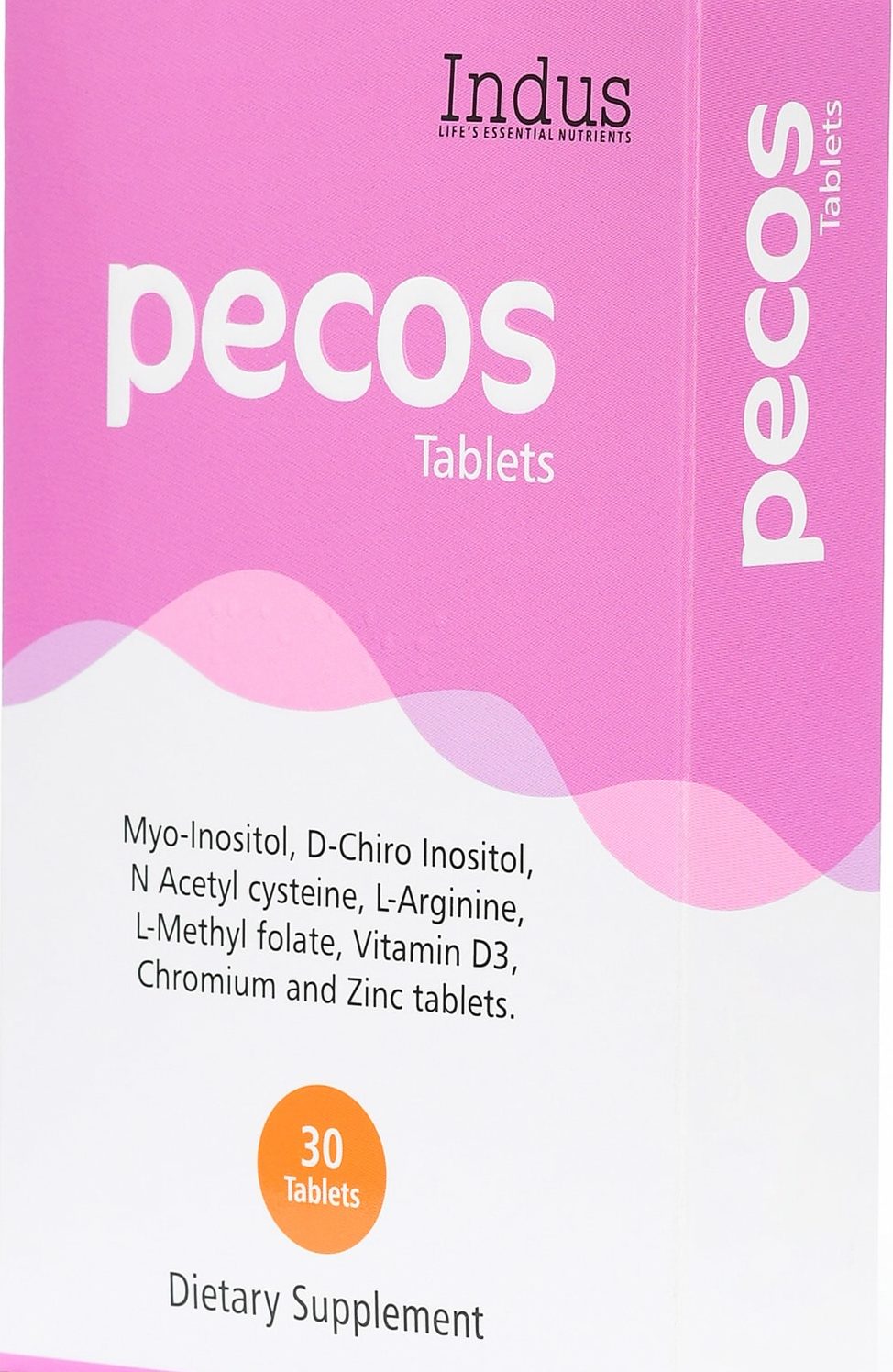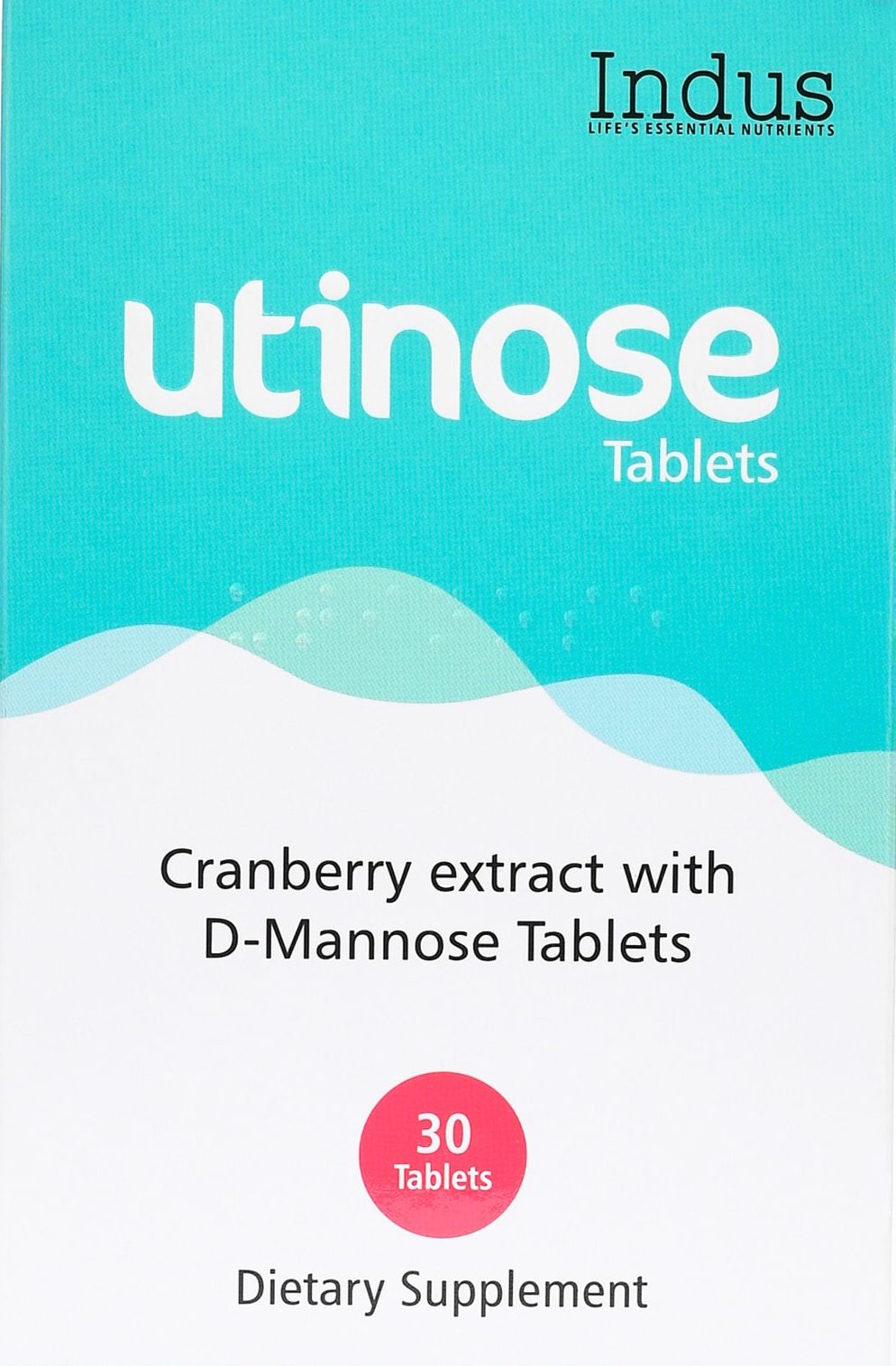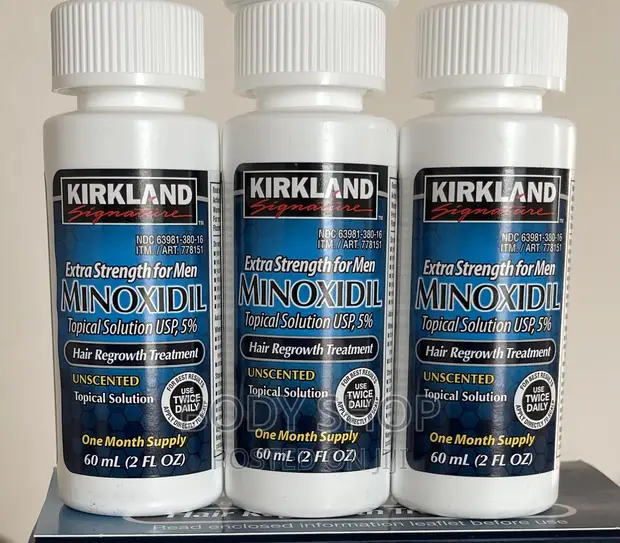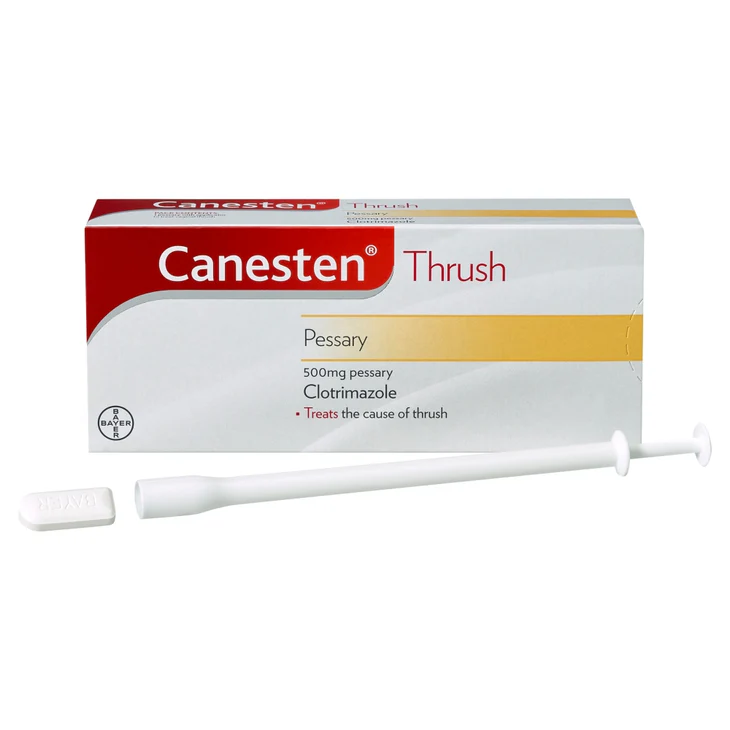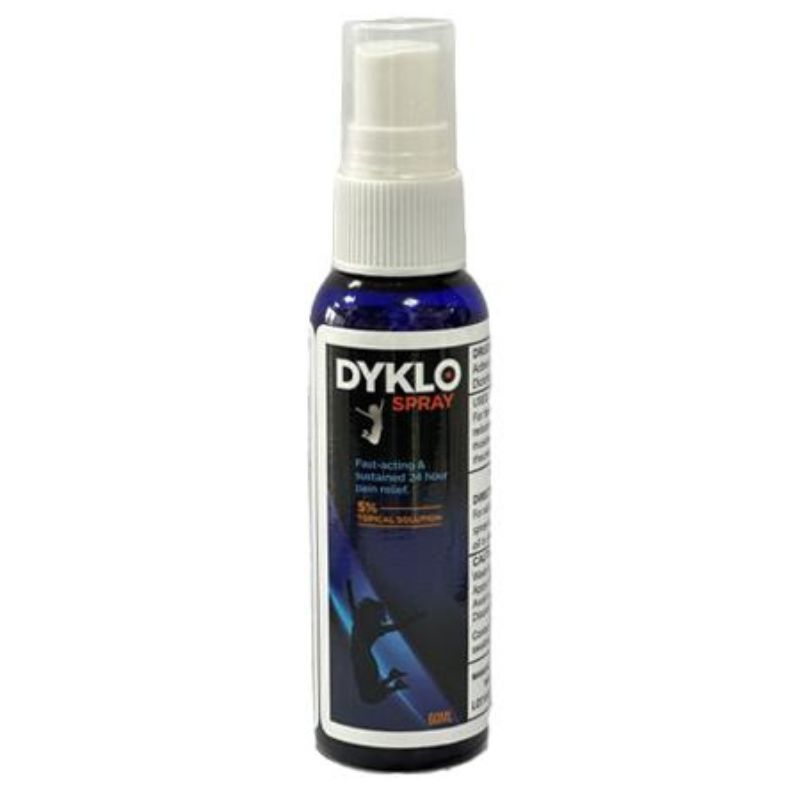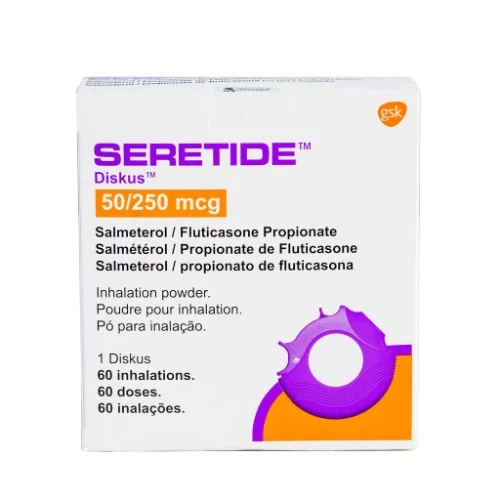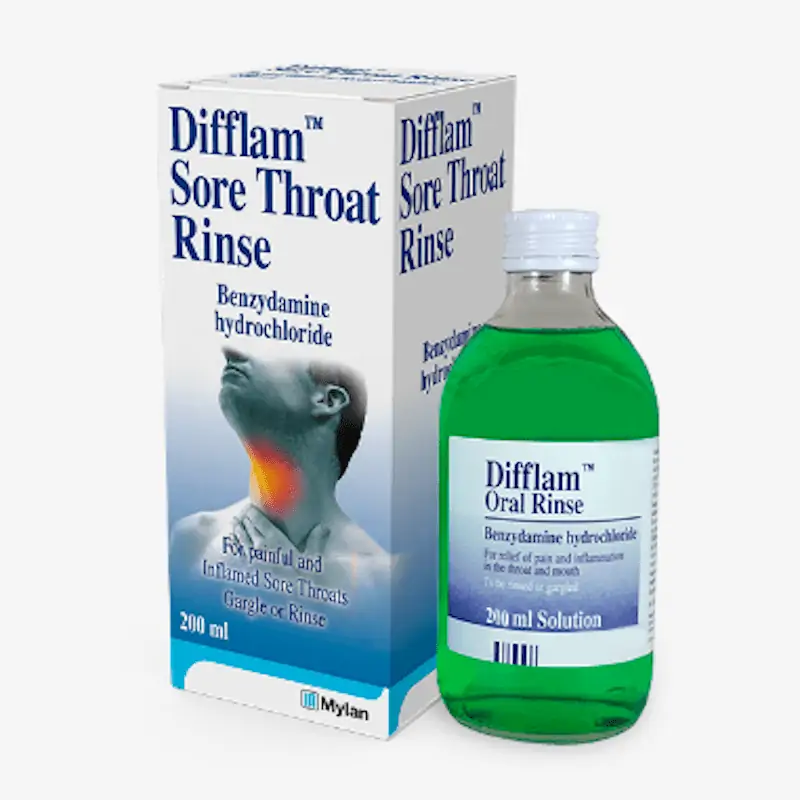Back Pain, Joint & Muscle Pain, PAIN RELIEF, Tooth Pain
Lofnac Tablets
₵
-
 Get 10% discount on your next order. Order now to qualify.
Get 10% discount on your next order. Order now to qualify.
-
 Get 20% cashback on apple app store. Use code P056
Get 20% cashback on apple app store. Use code P056
DELIVERY & RETURNS
Free shipping offer on Pilldoctor and get exclusive offers.
Location
-

Door Delivery Fastest delivery to the door for only 2 days. Don't miss exclusive offer.
-

Pickup Station Fastest delivery to the door for only 2 days. Don't miss exclusive offer.
-

Return Policy Fastest delivery to the door for only 2 days. Don't miss exclusive offer.
Description
Lofnac is thus suitable for the treatment of rheumatic states and non-rheumatic pain, inflammatory pain. Lofnac tablets have protective coating to gastric juices. They are suitable for patients whose clinical condition indicates a daily dose of 100 mg.
Why it’s used
Lofnac Tablet is used to relieve pain and inflammatory conditions of joints. This medicine works by restricting the functions of natural enzymes (Cyclooxygenase -1 and Cyclooxygenase-2) in the body which prevents the release of inflammatory agents. Lofnac is also used to relieve pain and inflammatory conditions caused by injuries and diseases affecting body movements, and to relieve pain and inflammation associated with other painful conditions such as fracture, trauma, low back pain, dislocations, dental and other minor operation, tearing or stretching of tissue that connects bones and joints, or pulled muscle.
Lofnac Tablet may also be used together with other medicines to treat certain conditions as recommended by the doctor. It is used in combination with opioid Analgesics for the management of mild to severe pain.
When not to use
Lofnac cannot be used to treat pain that occurs after or before heart bypass surgery.
Nonsteroidal Anti-inflammatory Drugs
Lofnac is a prescription medicine that belongs to a class of medicines called Nonsteroidal Anti-inflammatory Drugs. Nonsteroidal anti-inflammatory drugs, also called as NSAIDs, help reduce fever, decrease pain, and prevent clotting of blood. NSAIDs also reduce inflammation in the body when used in higher doses.
How to use
Read the medicine guide provided by your pharmacist, your doctor, or the medicine company. If you have any questions related to Lofnac, ask your doctor or pharmacist. Use Lofnac Tablet as per the instructions provided by your doctor.
Lofnac Tablet is a pain reliever. Pain relievers work the best if used as soon as you feel any pain. They may not work as well if they are delayed until the pain has worsened.
Lofnac is used with or after food when taken by mouth.
Typical Dosage
The typical dose of Lofnac for adults is 100-200 mg in one day. This medicine is not known to be addictive or habit-forming.
This medicine should be used on an as-needed basis.
To decrease the possibility of side-effects, you might be recommended to use the extended-release form of this medicine by your doctor. The extended-release medicine helps in maintaining a steady level of the medicine in your body for a longer period of time. Do not crush or chew the medicine, unless indicated on the package or by your doctor.
If using the delayed-release form of this medicine, do not crush or chew the medicine, unless indicated on the package. Crushing or chewing of the medicine can result in unpleasant taste resulting in patients not following the medicine schedule. Crushing or chewing can also release all of the medicine at once, resulting in a decrease of effectiveness and a possible increase in side-effects.
Lofnac injection is intended to use in the veins only. Inject over 15 seconds every 6 hours as desired.
Talk to Your Doctor
Discuss with your doctor if you develop new symptoms.
Your doctor may prescribe a lower starting dose of this medicine to understand the impact on the body. Please follow your doctor’s recommendations. A lower dose of this medicine may be recommended to reduce the risk of side-effects.
Use in Children
The safety and effectiveness of using Lofnac Tablet in children has not been established.
Avoid Alcohol
Avoid consuming alcohol together with Lofnac.
Medicines may be recommended for uses other than those listed in the medicine guide. You should not use Lofnac Tablet for conditions or symptoms for which it was not prescribed. Do not give Lofnac Tablet to other people, even if they have the same conditions or symptoms that you have. The use of this medicine without the advice of a doctor may cause harm.
Wash your hands thoroughly after touching or handling Lofnac.
How to take Lofnac
The dose and frequency of using Lofnac will depend on the following factors:
- age of the patient
- the weight of the patient
- patient’s health
- response to the medicine
Lofnac Dosage
Dosage for painful and stiff joints (osteoarthritis)
Adult
- Recommended: 100-150 mg/day in divided doses (50 mg twice or thrice a day or 75 mg twice a day)
Dosage for swollen and painful joints (rheumatoid arthritis)
Adult
- Recommended: 150-200 mg/day in divided doses (50 mg three or four times a day or 75 mg twice a day)
Dosage for inflammation of the spinal joints
Adult
- Recommended: 100-125 mg/day, taken as 25 mg four times a day, with an extra dose of 25-mg at bedtime if necessary
Minimum Age
18 years
Overdose
What to do if you overdose on Lofnac?
If you have taken more than the recommended dose of Lofnac, an activated charcoal (60 to 100 g in adults, 1 to 2 g/kg in children) may be given. Passing the contents of the bowels out of the body (osmotic cathartic) within 4 hours of ingestion with large overdose (5 to 10 times the usual dose) should be recommended.
Symptoms of an overdose of Lofnac
If you use too much of this medicine, it could lead to dangerous levels of the medicine in your body. In such cases, symptoms of an overdose may include:
- coma
- drowsiness
- fainting
- high blood pressure
- kidney failure
- lethargy
- nausea
- slow and ineffective breathing
- stomach and intestine bleeding
- upper abdomen pain (epigastric pain)
- vomiting
If you think you have overdosed on Lofnac Tablet, call a poison control center immediately.
Precautions while using Lofnac
Before you use Lofnac, tell your doctor of your medical and health history including the following:
- allergic-type reactions
- asthma
- heart disease
- heart surgery
- hives
- stomach and intestinal bleeding
- ulcer disease
Patients with asthma, hives, allergic-type reactions and ulcer disease may experience severe and rarely fatal allergic reactions. Patients with stomach and intestinal bleeding may experience severe stomach bleeding on using this medicine. Patients with a history of heart disease are at an increased risk of thrombotic heart disease, heart attack, and stroke.
Before you use Lofnac Tablet, tell your doctor if you are allergic to it or its ingredients. Your doctor may prescribe an alternative medicine and update your medical records to record this information. Tell your doctor if you are allergic to aspirin, or other NSAIDs.
Before having any surgery when using Lofnac, tell your doctor and dentist about all the medicinal products you use including prescription and non-prescription medicines, and any herbal supplements.
The use of this medicine may change transaminases (alanine transaminase and aspartate transaminase). Lofnac increases transaminases levels in the liver which may lead to severe liver reactions. Monitor transaminases within 4 to 8 weeks after taking Lofnac.
The use of Lofnac Tablet may change blood pressure. Using Lofnac may lead to occurrence or worsening of high blood pressure. Blood pressure monitoring is required in the starting and during the course of therapy.
The use of this medicine may change hemoglobin. Blood deficiency (also known as anaemia) can occur in patients using this medicine. Check hemoglobin levels of patients who show any signs and symptoms of anemia.
The use of this medicine may change Complete blood count. Bleeding can occur in patients taking Lofnac and monitor signs and symptoms of bleeding. Check complete blood count in patients on long-term treatment with Lofnac.
The use of Lofnac Tablet may change bleeding time. Patients with bleeding disorders or taking anticoagulants may experience increased bleeding time when using Lofnac. Such patients should be monitored for platelet function.
Alcohol
Limit the consumption of alcohol with Lofnac Tablet. Drinking alcohol may cause increased risk of stomach and intestinal bleeding.
Use in Pregnancy
Lofnac Tablet is not safe for use in pregnant women. If you are pregnant or planning to become pregnant, you should discuss with your doctor the impact this medicine may have on the baby before you start to use this medicine. This medicine may cause harm to an unborn baby such as heart dysfunction (also known as premature closure of the ductus arteriosus). Lofnac Tablet belongs to the NSAID class of medicines. NSAIDs should not be taken after 29 weeks of pregnancy as these medicines may cause serious harm to the unborn baby.
Use while Breastfeeding
Lofnac should be used while breastfeeding only when required. It is not known whether this medicine passes into breast milk. This medicine should be used during breastfeeding only after considering the importance of the drug to the mother.
Impact on Fertility
Lofnac Tablet may impact fertility in women. If you are trying to conceive, discuss with your doctor on the use of this medicine. Use of Lofnac may decrease the conceiving abilities in women planning to become pregnant. Therefore, Lofnac should be discontinued in women having difficulties in conceiving or who are receiving infertility treatment.
Seizures
Lofnac Tablet can make you feel sleepy. Be careful while driving, using machinery, or doing any other activity that needs you to be alert. The consumption of alcohol with Lofnac Tablet can make you feel more sleepy. Lofnac Tablet may cause seizures in some people. Discuss with your doctor if you perform activities where a loss of consciousness may cause you or others harm.
Increased Risk
This medicine can cause stomach bleeding. The use of alcohol/tobacco with Lofnac may increase the risk. Talk to your doctor if you drink alcohol or smoke regularly. This medicine may increase your sensitivity to sunlight. If this happens, limit your time outdoors and prevent sunburns. Cover your skin or use a sunscreen.
Long Term Use
Long-term use of this medicine may lead to kidney disorder (Renal Papillary Necrosis), kidney damage, heart attack, stroke, ulcers, and stomach and intestinal bleeding.
Lofnac Side-effects
The following side-effects may commonly occur when using Lofnac Tablet. If any of these side-effects worsen or last for a long time, you should consult with your doctor:
- abdominal pain
- anorexia
- diarrhea
- dizziness
- gas formation (flatulence)
- headache
- indigestion (dyspepsia)
- nausea
- rash
- vertigo
- vomiting
The following side-effects may commonly occur in older patients on the use of Lofnac Tablet. Discuss with your doctor if any of these side-effects last for a long time or are severe:
- kidney insufficiency
Rarely, the use of Lofnac Tablet may cause the following side-effects:
- skin rash
The following severe side-effects may also occur when using Lofnac Tablet:
-
metabolic and nutritional disordersSymptoms: creatinine increased
-
severe liver reactions, including the decrease in liver size (fulminant hepatitis) with and without jaundice, jaundice and liver failure ((possibly) fatal and liver transplantation)Symptoms: increased number of eosinophiles (eosinophilia), rash, abdominal pain, diarrhea dark urineIf the symptoms persist or worsen, the medicine should be discontinued.
-
gastrointestinal disorders (possibly fatal)Symptoms: stomach and intestinal bleeding, ulceration, and ruptured lining of the small intestine, stomach, or large intestine, diarrhea, dry mouth, indigestion, inflammation of the gastrointestinal tract (gastroenteritis), decreased appetite, nausea, rectal hemorrhage swelling and sores inside the mouthThe medicine should be discontinued. Monitor the patients for signs or symptoms of gastrointestinal bleeding
-
serious skin adverse disorders such as redness and peeling of the skin (exfoliative dermatitis) and severe skin reaction (possibly fatal)Symptoms: skin rash, blisters, fever, itching, skin discoloration hivesDiscontinue the use of the drug at the first appearance of skin rash or any other signs of allergy.
-
heart disorder such as stroke and heart attack (possibly fatal)Symptoms: chest pain, shortness of breath, weakness, slurred speech palpitationsThe patient should get medical advice when experiencing such signs and symptoms.
-
nervous system disordersSymptoms: depression, dizziness, drowsiness, lethargy burning sensation in the parts of the body
-
respiratory system disorder (possibly fatal and leads to bronchospasm)Symptoms: asthma, shortness of breath (dyspnea), sudden contraction of the larynx (laryngismus), inflammation of the larynx (laryngitis) inflammation of the pharynx (pharyngitis)
-
musculoskeletal disordersSymptoms: leg cramps muscle pain
-
sensory organ disordersSymptoms: abnormal vision, blurred vision, cataract, ear pain, eye disorder, eye pain, changes in taste loss of hearing
Your doctor has prescribed this Lofnac because they have judged that the benefits outweigh the risks posed by side-effects. Many people using this medicine do not have serious side-effects. This is not a complete list of possible side-effects for Lofnac.
If you experience side-effects or notice other side-effects not listed above, contact our doctor for medical advice.
Side-effects and Allergic Reactions of Lofnac by Severity and Frequency
Common Side-effects
Following are the common side-effects of this medicine:
- abdominal pain
- anorexia
- diarrhea
- dizziness
- dyspepsia
- flatulence
- headache
- nausea
- rash
- vertigo
- vomiting
Infrequent and Rare Side-effects
Following are the infrequent and rare side-effects of this medicine:
- abnormal sensations in the body
- abnormal vision
- accidental injury
- angioneurotic swelling
- back pain
- blurred vision
- body odor
- chest pain
- confusion
- contact dermatitis
- decreased appetite
- diplopia
- disturbances of sensation
- drowsiness
- dry mouth
- ear pain
- eye pain
- feeling of discomfort
- gastroenteritis
- glossitis
- haematuria
- halitosis
- hives
- impotence
- insomnia
- irritability
- lethargy
- loss of hair
- loss of hearing
- melena
- muscle pain
- nightmare
- painful swelling and sores inside the mouth
- palpitation
- presence of protein in the urine
- pruritus
- purple or red discolored spots on the skin
- purple spotted allergic
- skin discoloration
- swelling
- taste disturbances
- tinnitus
- tiredness
- tremor
- visual disturbance
- weaken memory
- weakness
Side-effects in Older Adults
Following are the side-effects of this medicine in elderly patients:
- kidney insufficiency
Mild Allergic Reactions
Following are the symptoms of mild allergic reactions to this medicine:
- asthma attack
- hives
The medicine should be discontinued.
Serious Allergic Reactions
Following are the symptoms of serious allergic reactions to this medicine:
- Stevens-Johnson Syndrome
- exfoliative dermatitis
- severe skin reaction
The medicine should be discontinued.
If you experience side-effects or notice other side-effects not listed above, contact our doctor for medical advice.
Warnings
Exposure to Sun
Patients with sun exposure are at an increased risk when using this medicine. These patients are at an increased risk of ultraviolet light-induced skin cancer. Such patients should avoid exposure to sunlight.
Undergoing Treatment with Corticosteroids
Patients taking corticosteroid therapy are at an increased risk when using this medicine. These patients are at an increased risk of corticosteroid-induced illness after sudden discontinuation or substitution of corticosteroids with Lofnac. Patients should discontinue corticosteroids slowly.
Blood Coagulation Disorders
Patients with coagulation disorders are at an increased risk when using this medicine. These patients may experience prolonged bleeding when using Lofnac. Careful monitoring should be done of the patients who are affected by the change in the platelet function.
Non-Infectious and Painful Conditions
Patients with non-infectious and painful conditions are at an increased risk when using this medicine. Using Lofnac in these patients may reduce the use of diagnostic signs such as fever and inflammation.
History of Stomach Ulcers
Patients with the history of stomach ulcer or stomach and intestine disease are at an increased risk when using this medicine. These patients are at higher risk for developing bleeding in the stomach or intestine when using this medicine. Patients should start with the lowest dose for the shortest duration to decrease the risk of bleeding.
Heart Disorders
Patients with heart diseases such as thrombotic heart events, heart attack, and stroke may be at an increased risk. It may cause an increased risk of serious thrombotic heart events, heart attack, and stroke, which can be fatal. Patients should know about the signs or symptoms of serious heart disease and measures to take if they occur. Treatment should be started with the lowest effective dose for the shortest duration to minimize the risk of serious heart disease.
When should Lofnac be not used?
Pain due to Heart Surgery
This medicine should not be given in patients for pain right before or after heart bypass surgery such as coronary artery bypass graft (CABG) surgery. These patients are at an increased risk of heart failure and stroke.
Allergic to Lofnac, aspirin or other NSAIDs
This medicine should not be used in patients allergic to Lofnac, aspirin or other NSAIDs. These patients may experience serious skin events such as redness and removal of the upper layer of the skin (exfoliative dermatitis), life-threatening drug-induced skin reaction and life-threatening skin reaction (Stevens-Johnson Syndrome), which may result in hospitalization. These patients may have the following symptoms if they use this medicine:
- skin rash
- injury in the mucous membrane (mucosal lesions)
History of asthma and hives
This medicine should not be given to patients with a history of asthma and hives. These patients may experience severe and fatal allergic reactions.
Kidney Failure
This medicine should not be given to patients with kidney failure.
Liver Failure
This medicine should not be given to patients with liver failure.
Stomach Ulcer
This medicine should not be given to patients with stomach ulcer.
Heart and Brain Disease
This medicine should not be given to patients with brain disease and heart disease such as heart failure and in reduced blood flow to limbs (peripheral arterial disease).
Product Ratings
Highest Ratings
There are no reviews yet.
Rate

